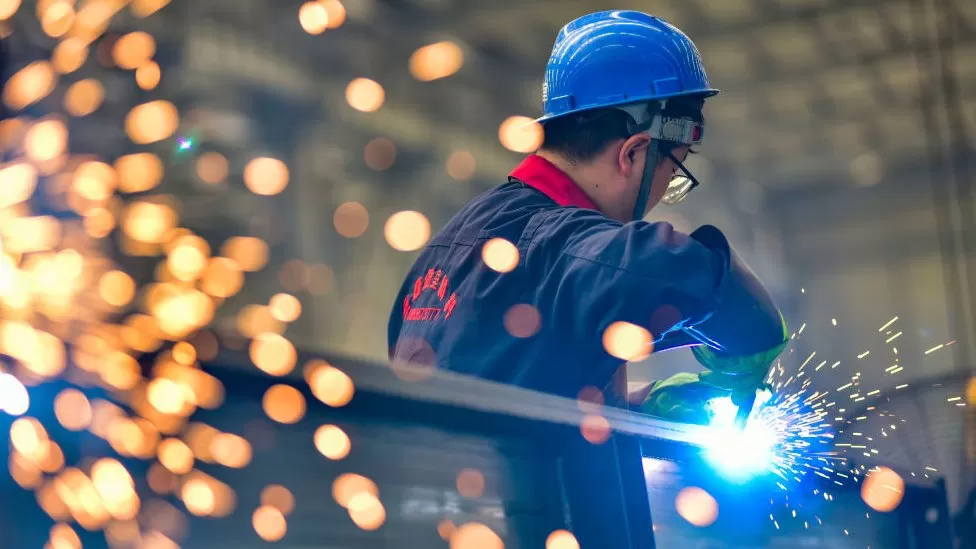Is China’s economy a ‘ticking time bomb’?

In predicting growing discontent in the country, US President Joe Biden described the world’s second-largest economy as “a ticking time bomb”.
Xi Jinping defended the Chinese economy’s “strong resilience, tremendous potential, and great vitality.”
Who is right – Mr Biden or Mr Xi? In most cases, the answer lies somewhere in the middle.
In spite of the fact that China’s economy is unlikely to implode anytime soon, it faces huge, deep-rooted challenges. The property market is at the heart of China’s economic problems. A third of its wealth was derived from real estate until recently.
Antonio Fatas, professor of economics at INSEAD in Singapore, says, “This made no sense whatsoever.”
As developers rode a wave of privatization for two decades, the sector boomed. However, the crisis struck in 2020. There are not many ingredients for relentless housebuilding when there is a global pandemic and a shrinking population at home.
Concerned about a US-style meltdown, the government limited developer borrowing. They soon owed billions they couldn’t repay.
In recent years, demand for houses has slumped and property prices have plummeted. After three years of tough Coronavirus restrictions, Chinese homeowners have become poorer.
Alicia Garcia-Herrero, chief Asia economist at wealth management firm Natixis, says that property in China is effectively your savings. Until recently, it seemed better than putting your money in a low-interest bank account or the crazy stock market.
In contrast to Western countries, there has been no post-pandemic spending boom or major economic recovery.
